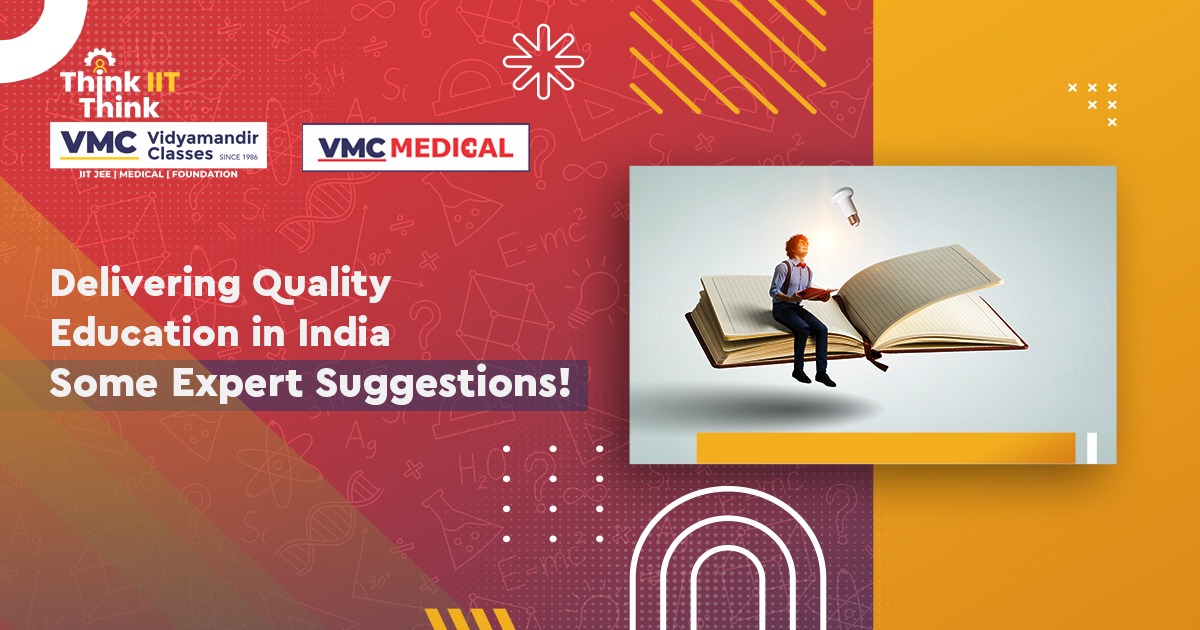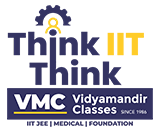Delivering Quality Education in India: – Some Expert Reviews!
 Posted On
Posted On
299 total views, 1 views today
India has made significant progress in ensuring that every children has access to school through new infrastructure and teacher recruitment, but experts say that more must be done to ensure that all students receive high-quality education.
The Central Square Foundation (CSF), a well-known nonprofit organization in the field of education, recently conducted a conference to examine the significant learning outcome-based reforms contained in the National Education Policy (NEP), 2020, with specialists in the field.
“While India has made significant progress in ensuring that every child has access to education through the provision of new infrastructure and the widespread recruitment of teachers, etc., the urgent need of the hour is to move beyond ensuring that every child has access to education and instead ensure that they receive high-quality education.” Harish Doraiswamy, project director of the CSF, stated that the NEP 2020 accurately identified effective and transparent measures to deliver on school, system, and student level results as major systemic drivers of change.
“These systemic factors should be prioritized in addition to actions being made to achieve NEP 2020 in text and spirit. This event will act as a crucial venue for important players in the education sector to strategize, conceptualize, and develop a shared strategy to accomplish these goals “he said.
The purpose of the forum was to help major government and civil society partners come to an agreement and create a workable understanding of how to advance the learning outcomes for schoolchildren, as stated in the NEP 2020 document.
The learning outcomes at the primary level left much to be desired, despite the fact that 98.6% of children between the ages of 6 and 10 are enrolled in schools. The results of the Annual Status of Education Report (ASER) 2022 suggested that the biggest worries about learning loss brought on by the COVID-19 epidemic and its effects on children between the ages of 4 and 9 years might come true. Geeta G. Kingdon, Chair of Education and International Development at University College London, remarked about the necessity of establishing an autonomous regulator, as outlined in the NEP.
The path ahead is undoubtedly difficult, but we must work to maintain the spirit in which the policy’s recommendation to establish the SSSA was written, she said. The State School Standards Authority (SSSA), which would provide states more independence to embrace the regulatory framework and guarantee school performance is assessed. It was also the topic of the opening panel discussion at the symposium, “The New Regulatory Architecture Envisioned by the NEP.”
The second panel, “Setting a Visible Learning Marker to Improve Learning Outputs,” highlighted how school excellence is currently viewed as a function of inputs rather than as an impact of its outcomes on student learning. It demonstrated how to create a learning quality indicator for a school using a competency-based census evaluation, which may be able to measure the school’s performance in the important primary classes. The founder of the Centre for Science of Student Learning, Vyjayanthi Sankar, offered his opinion on efficient methods for executing competency-based assessments on a large scale. He further stated that “We need to be clear on the result being examined as well as which body is collecting the data if we’re going to establish an effective strategy for performing these assessments.”


